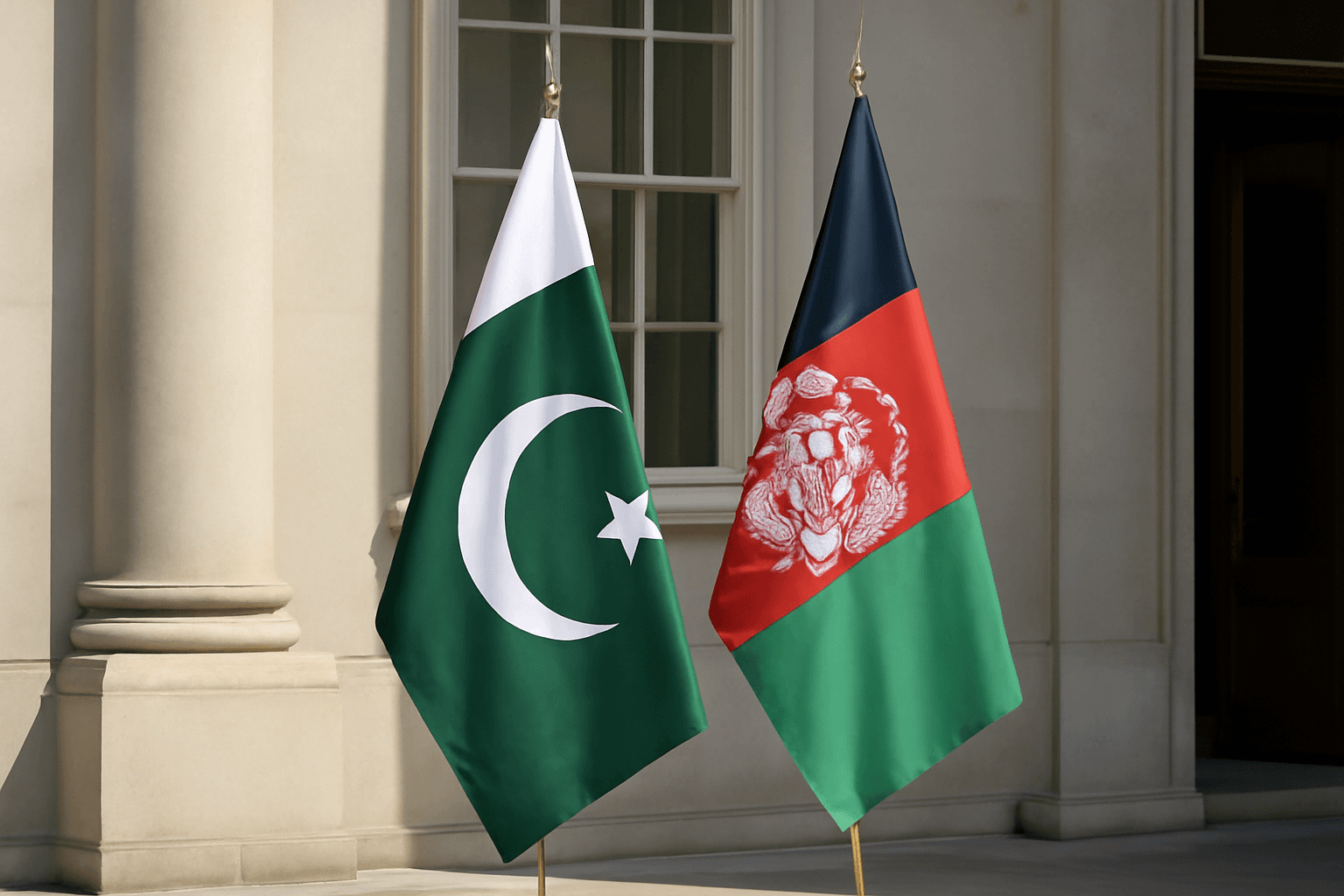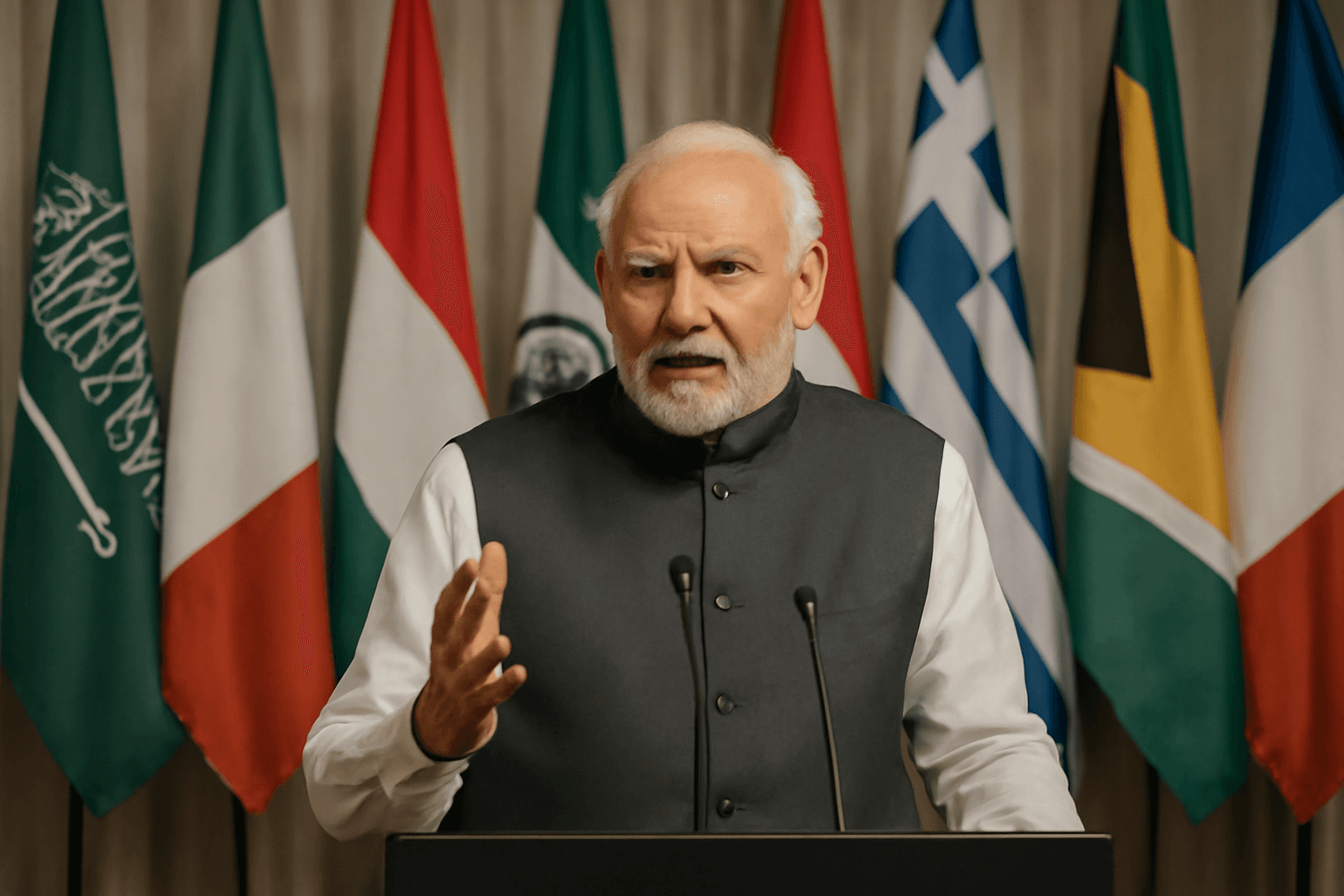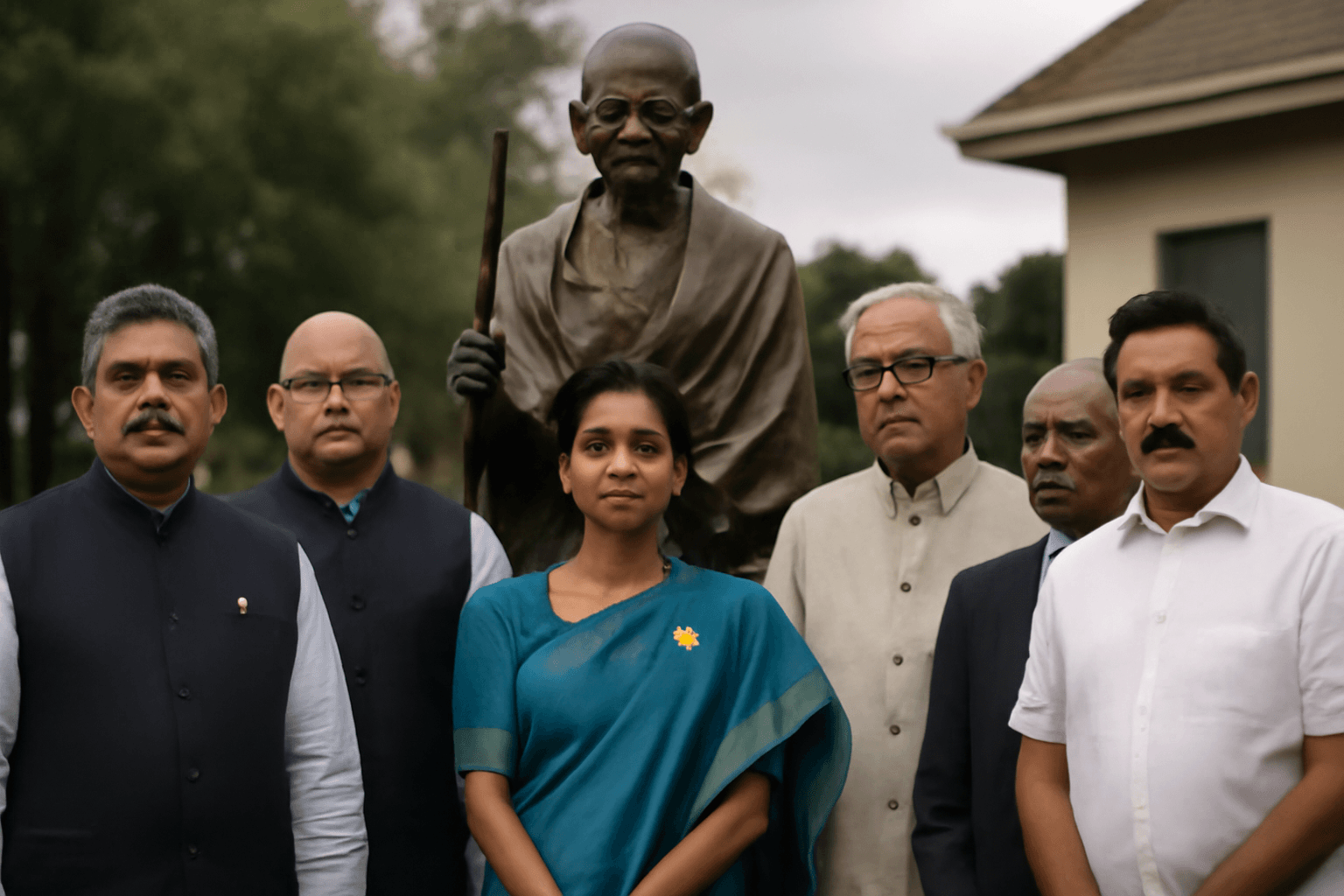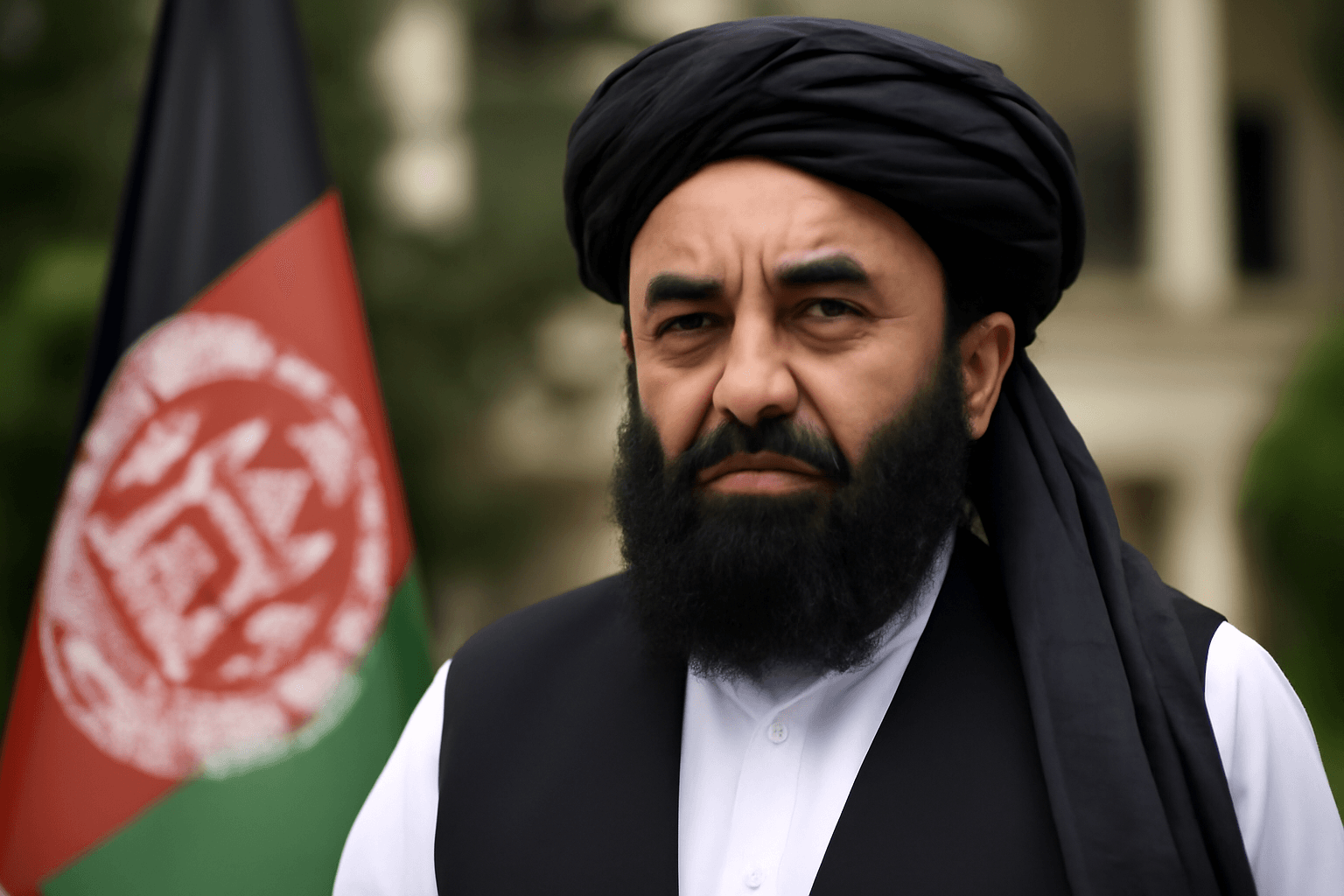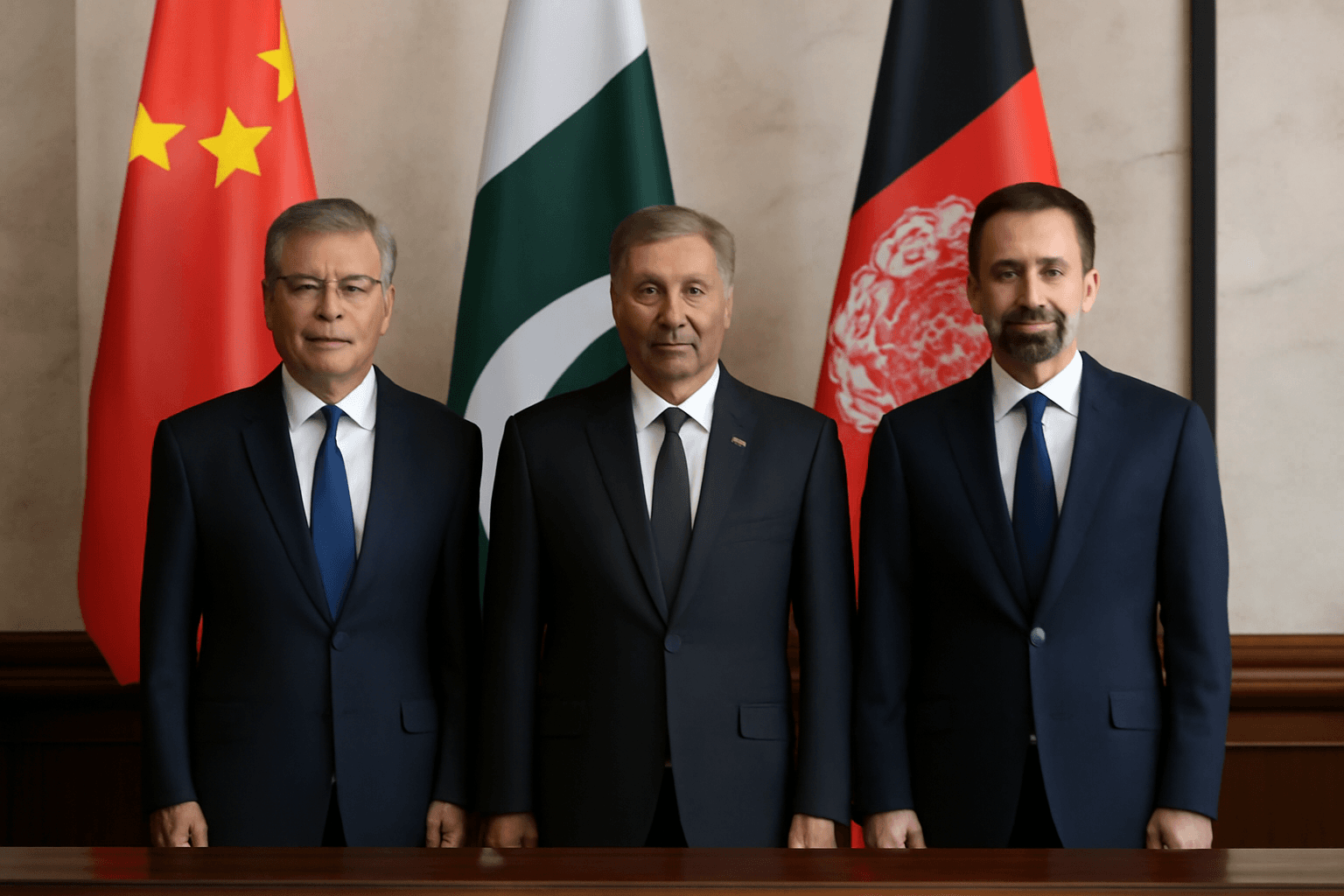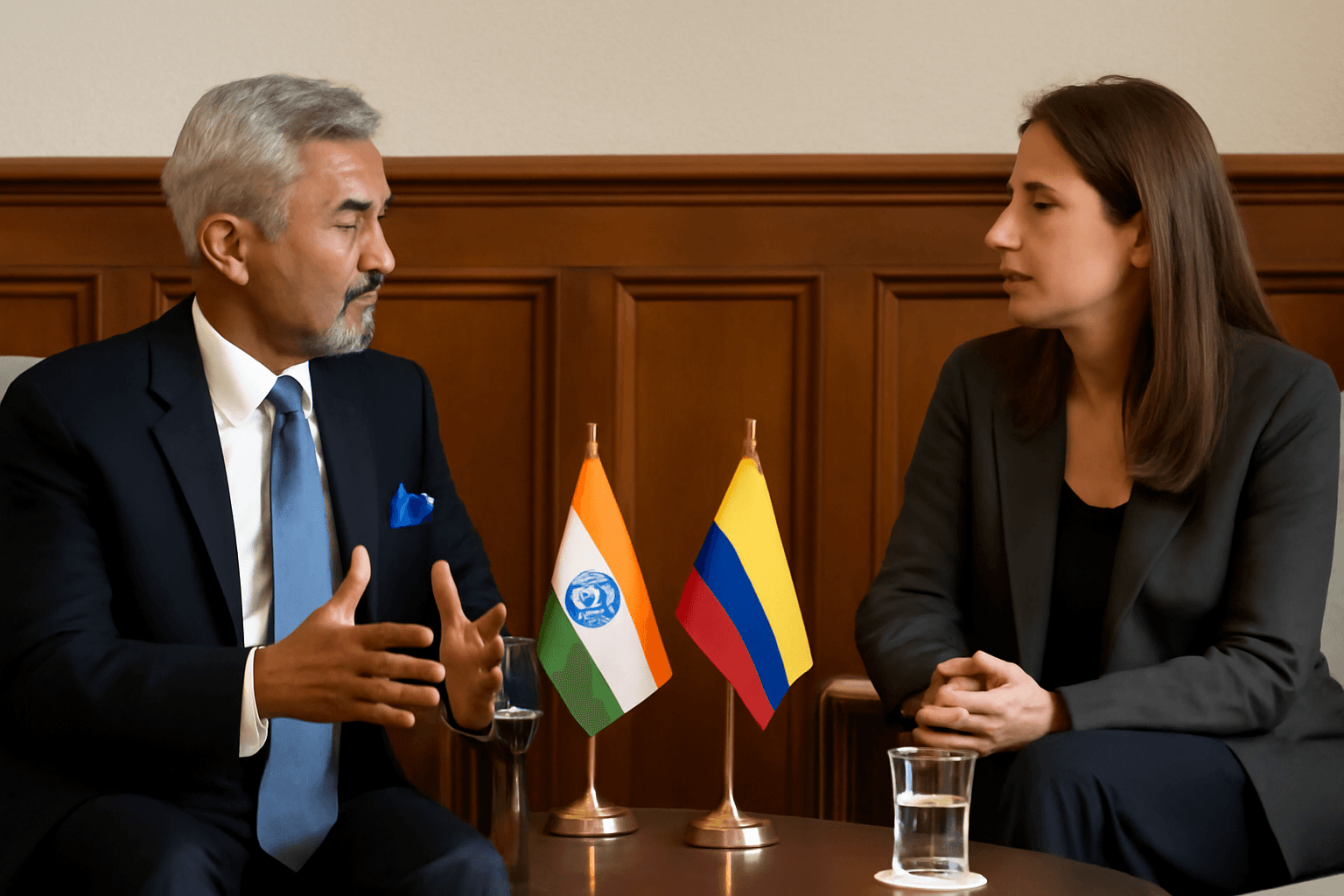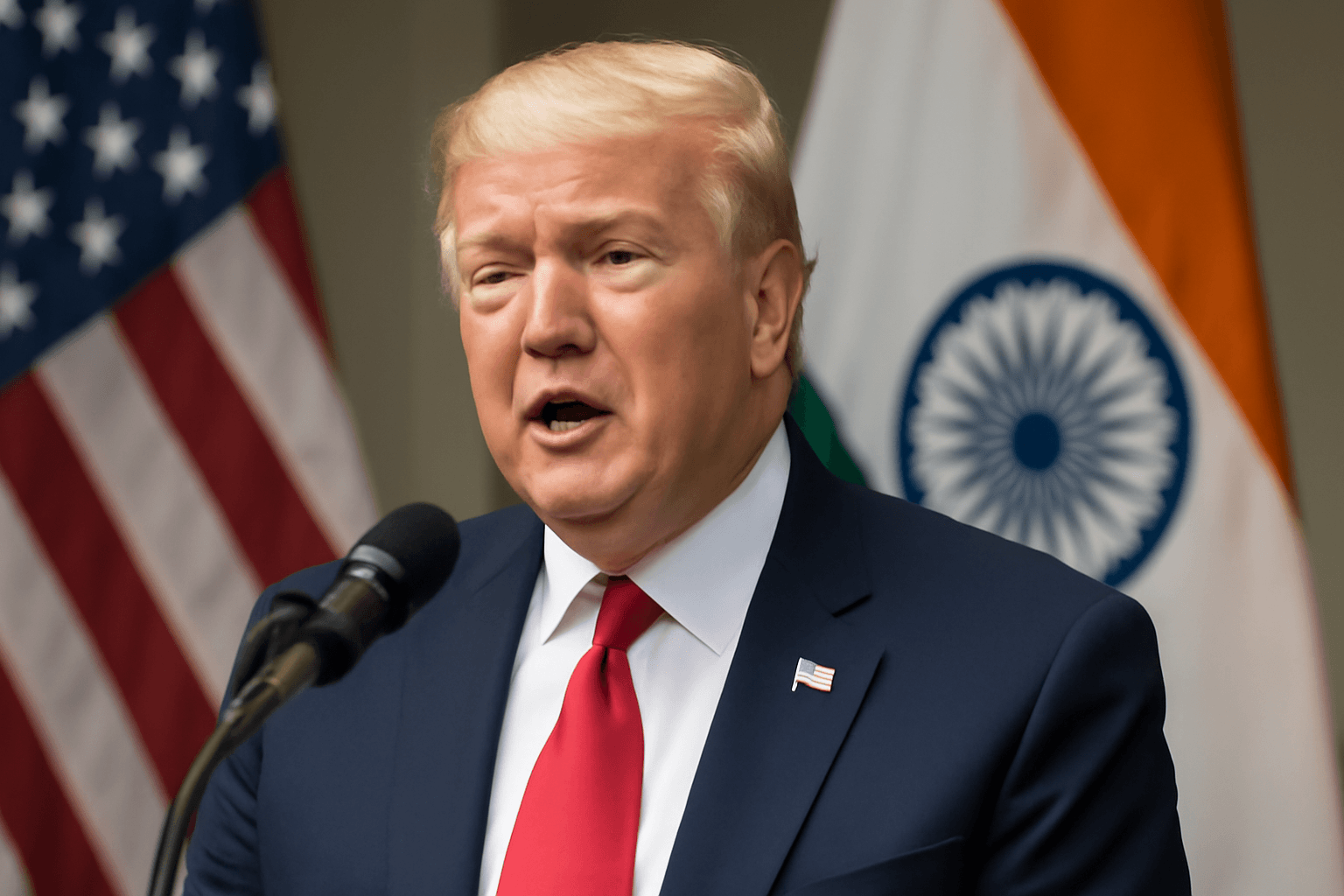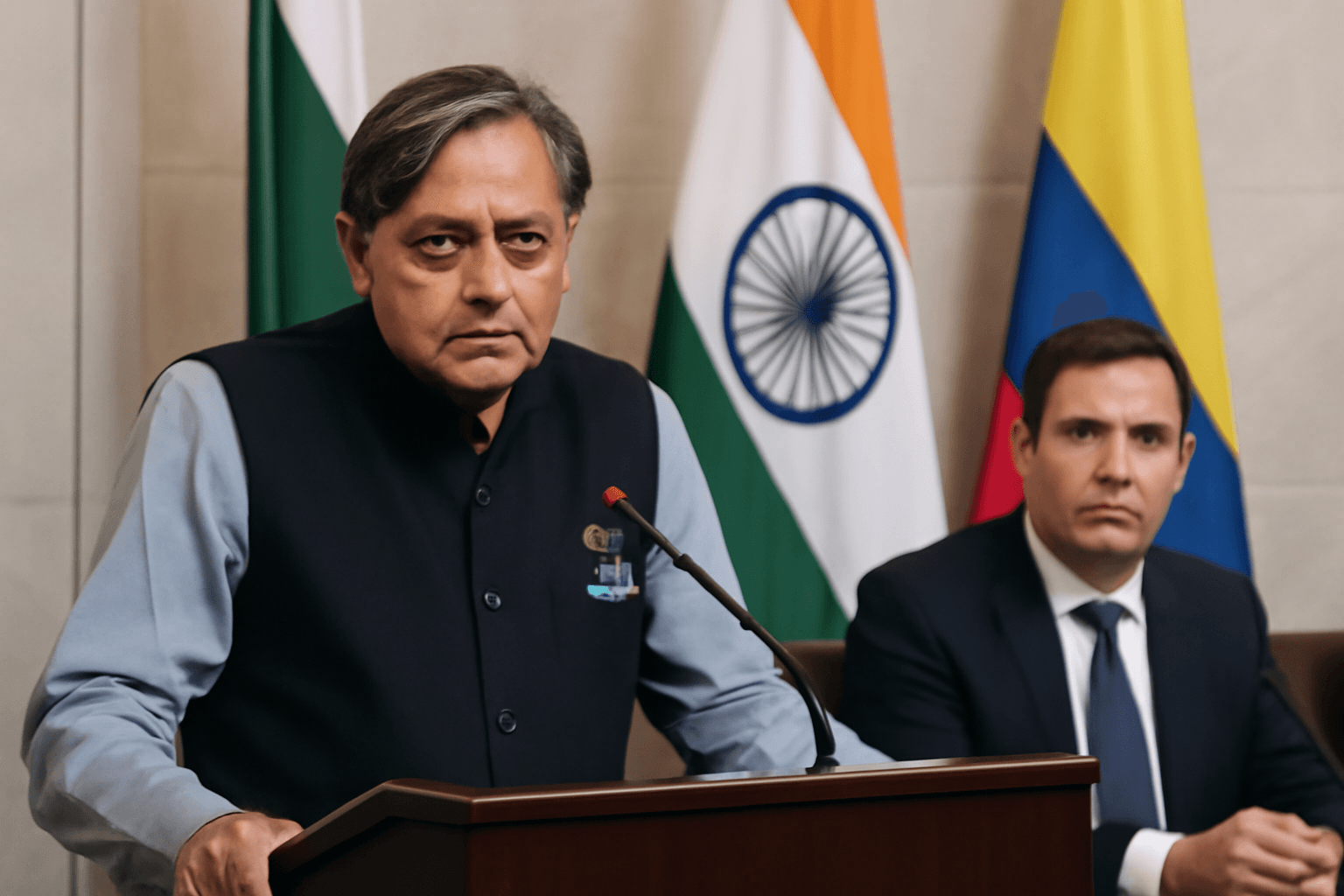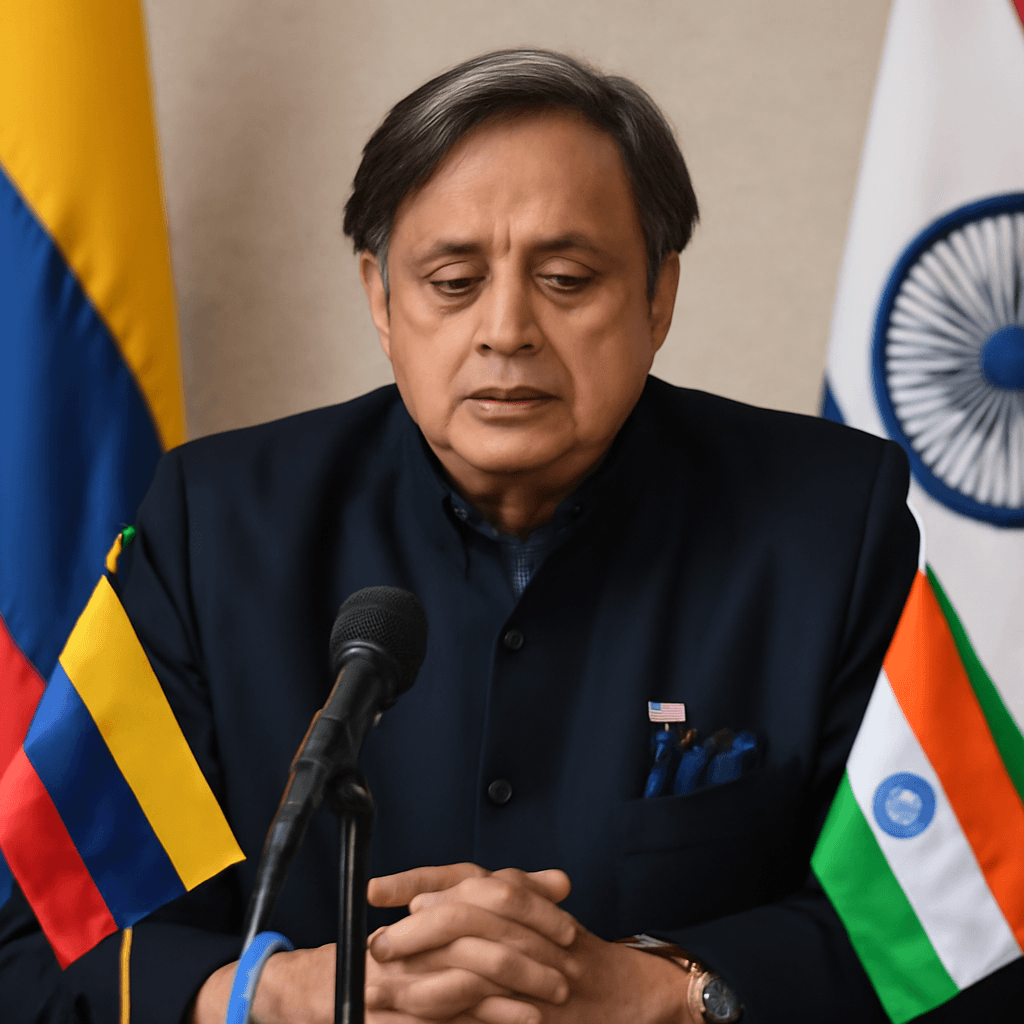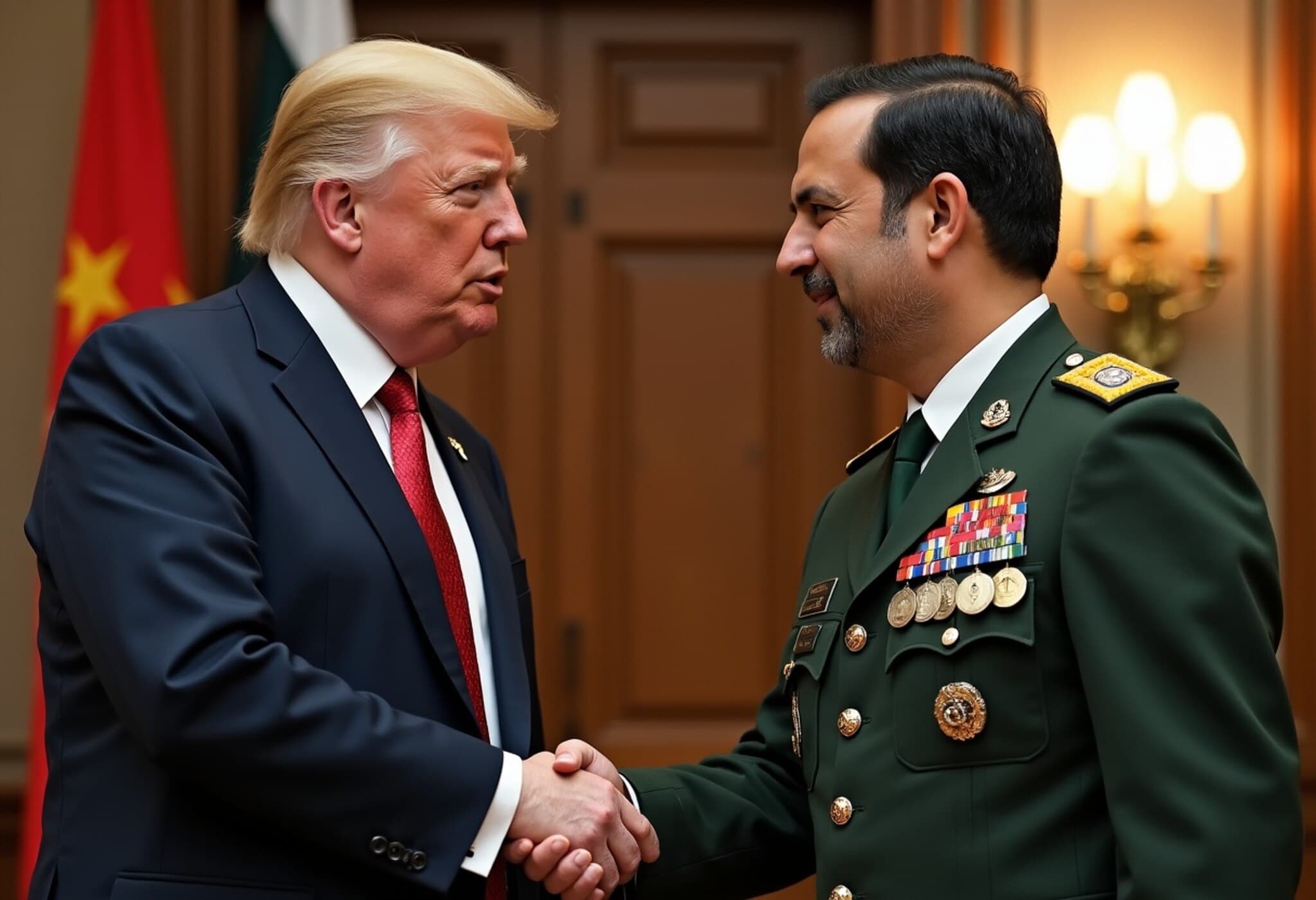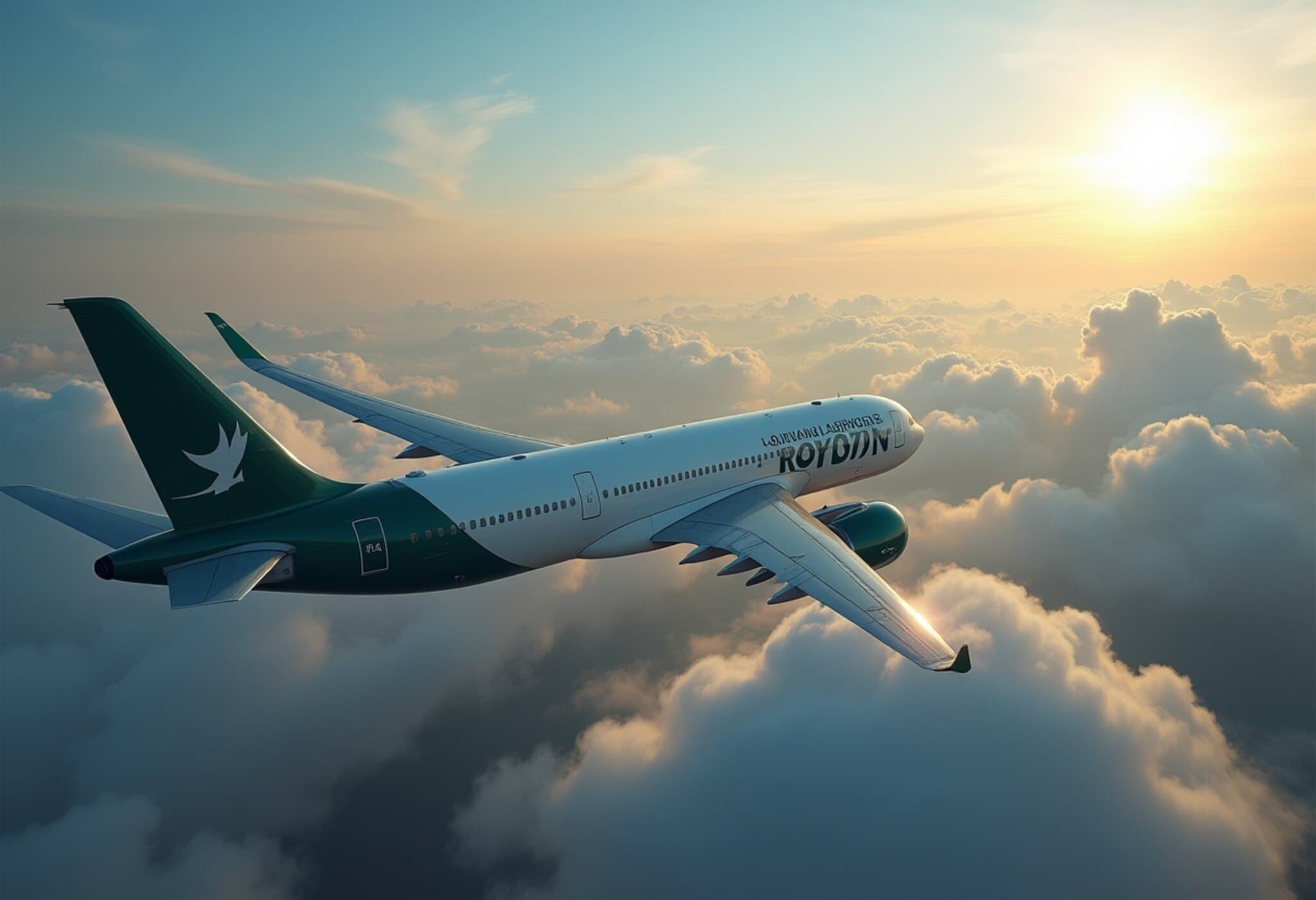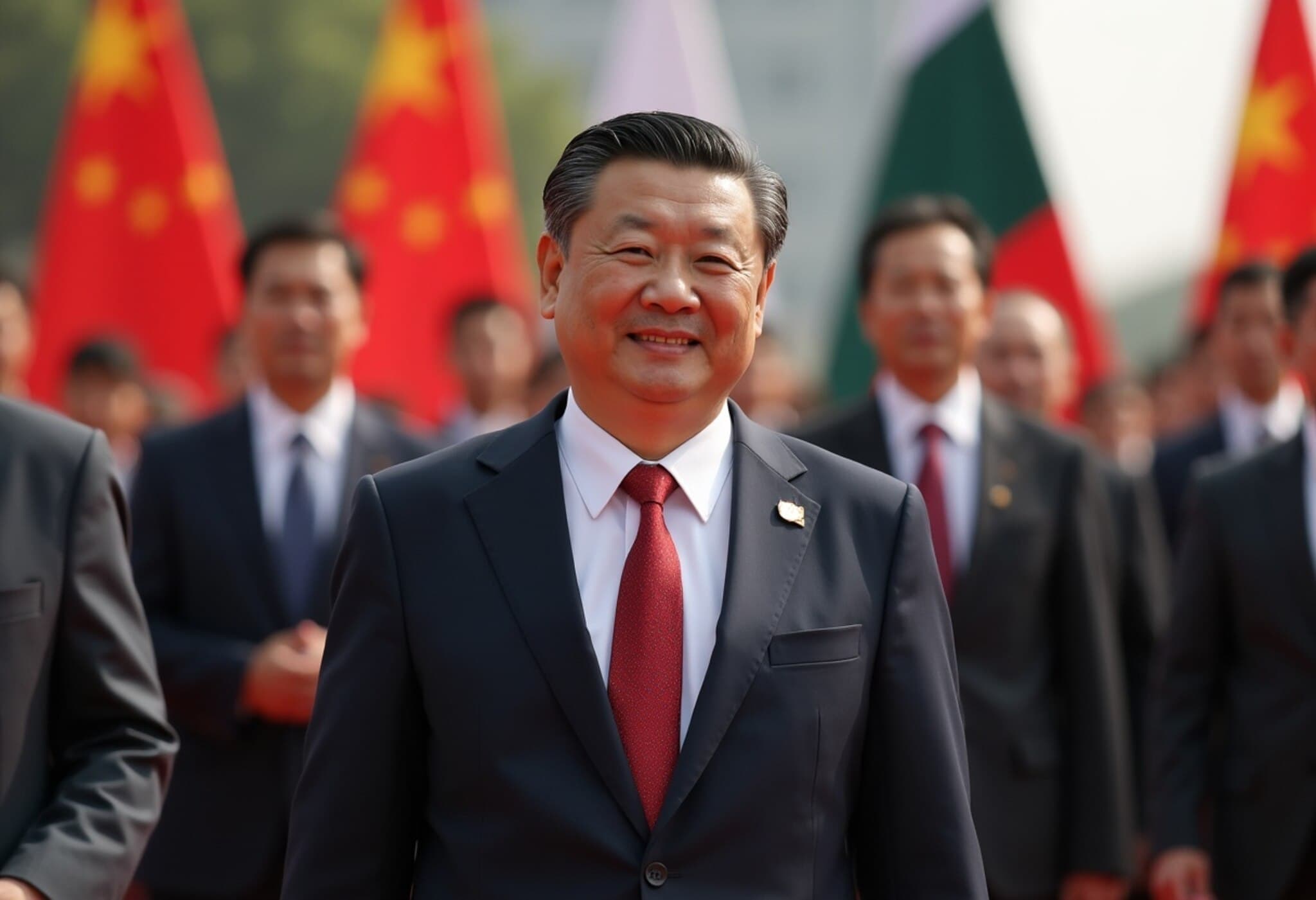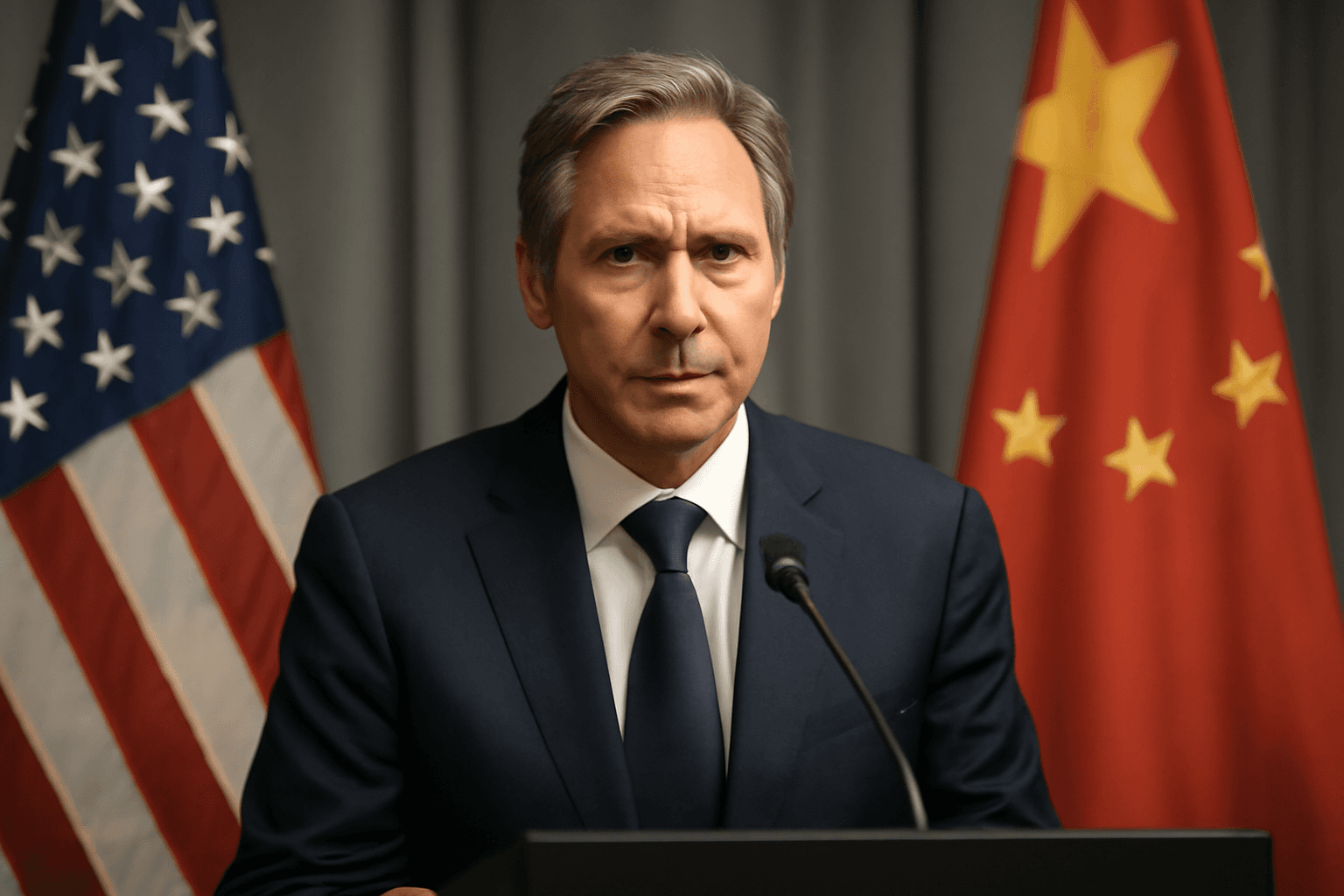Pakistan has announced plans to elevate its diplomatic presence in Afghanistan by appointing an Ambassador to Kabul for the first time since 2021. This development follows a China-facilitated ministerial meeting aimed at strengthening ties between the two neighbors.
On May 30, 2025, Pakistan's Foreign Minister Ishaq Dar confirmed the decision to upgrade relations from the current charge d'affaires level to a full ambassadorial status. This marks a significant shift in Pakistan’s approach towards the Taliban-led Afghan administration, reflecting a positive trajectory in bilateral engagement.
Previously, in April 2025, Foreign Minister Dar led a Pakistani delegation to Kabul, conducting talks to deepen cooperation. The recent Beijing meeting, attended by representatives from China, Pakistan, and Afghanistan, further underscored the momentum to enhance diplomatic and economic ties.
Context of the Diplomatic Upgrade
Diplomatic relations between Pakistan and Afghanistan have been complex and occasionally strained, notably after a December 2024 airstrike by Pakistan’s Air Force in Afghanistan’s Paktika province, which killed nearly 50 people. Islamabad accuses militants of using Afghan territory to launch attacks inside Pakistan, whereas Kabul contends many threats originate from within Pakistan's borders. Additionally, the Taliban government has criticized Pakistan's treatment of refugees.
Despite these challenges, Islamabad’s decision to appoint an Ambassador is viewed as a step towards normalizing relations and enhancing bilateral cooperation, including economic initiatives such as Afghanistan’s inclusion in the China-Pakistan Economic Corridor (CPEC).
China’s Role in Facilitating Dialogue
China has played a pivotal role in encouraging dialogue between Pakistan and Afghanistan. Hosting recent meetings in Beijing with foreign ministers from both countries, China aims to stabilize regional relations and expand its influence in South Asia.
Though China has hosted Taliban officials and accepted an ambassador from the Taliban administration, it has not formally recognized the Afghan government. Nevertheless, Beijing’s proactive diplomacy comes in the wake of India's May 2025 diplomatic engagement with the Taliban, signaling a broader regional effort to engage with Afghanistan’s current leadership.
Implications and Next Steps
The appointment of an Ambassador positions Pakistan as the fourth country, after China, the UAE, and Uzbekistan, to officially send an envoy to Kabul since the Taliban took power. While none of these countries have formally recognized the Taliban regime, the ambassadorial engagements indicate incremental acceptance on diplomatic grounds.
Pakistan has yet to announce the name of the envoy to Kabul, and the Taliban administration has not publicly responded to the appointment. Moving forward, this diplomatic upgrade might pave the way for greater cooperation on security, trade, and regional stability initiatives.

